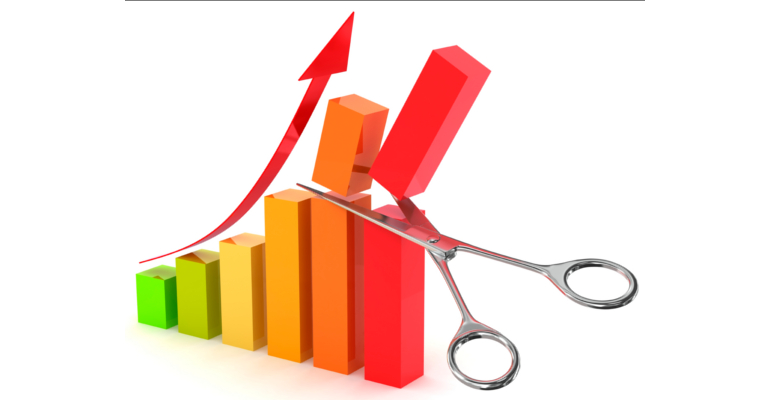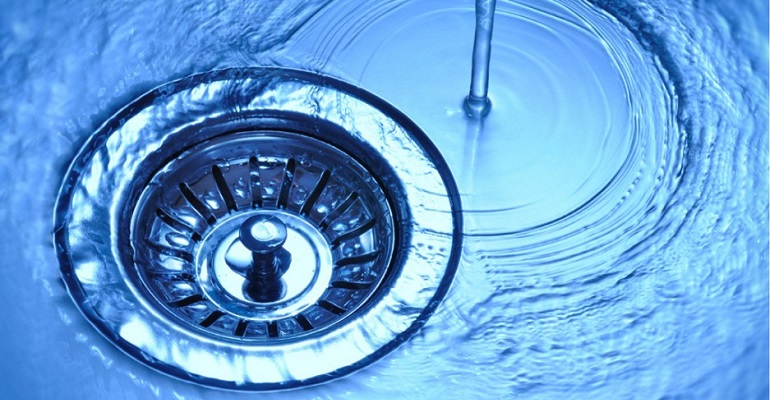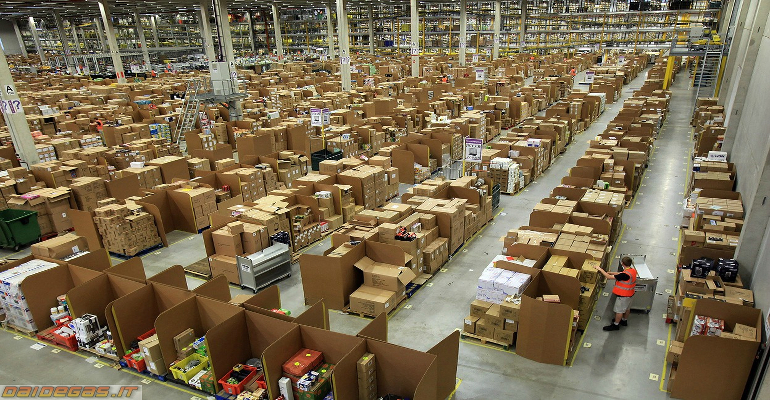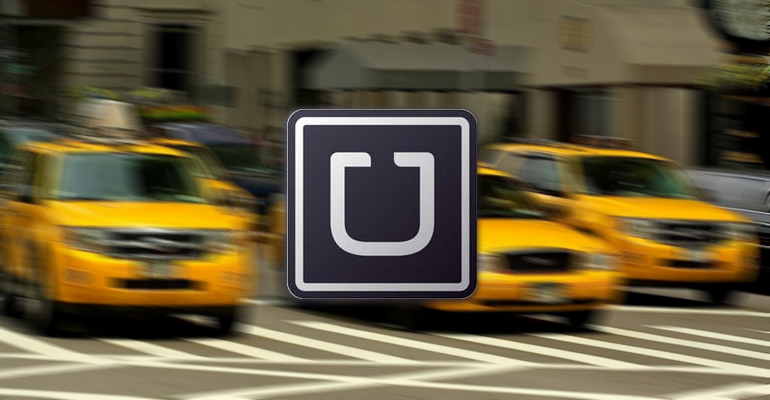Despite every effort, nowadays energy is not cleaner than it was 20 years ago. Action is necessary on all fronts, especially regarding efficiency, a field in which Italy is a leader, though it will have to make efforts in order to keep this position
The bad news is that, despite all the efforts that have been made, today energy is not cleaner than it was 20 years ago. This was found by “Tracking Clean Energy Progress 2013“, a report by the International Energy Agency (IEA).
In 2009, the Copenhagen summit set a target for climate change: by the end of this century the global temperature increase should be limited to 2 degrees. In order to achieve this target, the IEA has foreseen intermediate steps. Unfortunately, at present this schedule is far from being observed.
Among the tools to be adopted in order to get back on track, the report recommends first of all energy efficiency: by itself, it can lead to a greenhouse gas emissions reduction equivalent to 45% of the predicted total. This is why the IEA calls it an “easy win”.
What’s more, if a virtuous circle begins, efficiency produces benefits such as cleaner air, lower bills for families, more competitive industries and therefore more jobs, less raw material imports. An easy win-win situation.
Now here is the good news: in this field, Italy is historically one of the leading countries in Europe. But in order to keep this position it must keep on advancing in innovation and technology. In some cases it got off with the right foot: for instance regarding smart grids, in which Enel is at the forefront, and the development of electric mobility projects.
But in order for everyone to win, everyone must take action. The IEA recommended measures for governments across the world: to favour efficiency by applying incentives, to integrate it into economic, energy and environmental policies, to set rigorous standards for construction, transport and industries, to raise the awareness of companies and customers on the benefits of efficiency.










